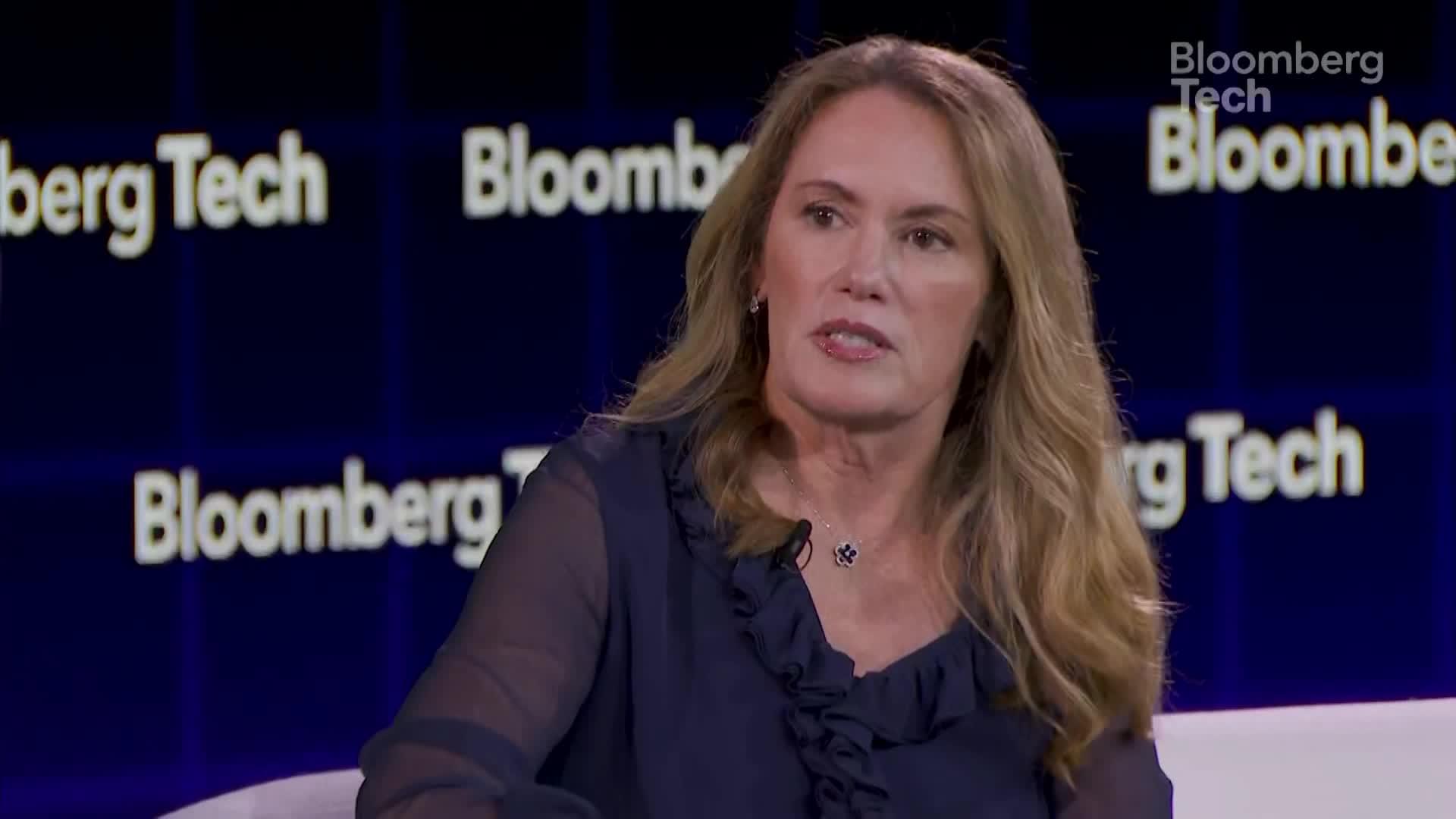In the not-so-distant past, artificial intelligence was being hailed as the savior of modern business. Grand predictions floated around boardrooms and tech expos alike: AI would automate the mundane, streamline operations, and cut labor costs.




ODIA has the unique opportunity to host a defense briefing regarding the space industry in Oklahoma…with a twist. The Catalyst Accelerator & The University of Tulsa is putting on a Government Business Boot Camp for Oklahoma-based startups the first two weeks in June. ODIA will have an opportunity to hear an abbreviated pitch from each person in the program from 3:00 — 3:50 pm.


Peggy Johnson, CEO of Agility Robotics, discusses how humanoid robots like Digit are transforming logistics and manufacturing. She speaks with Bloomberg Businessweek’s Brad Stone about the rapid advances in automation and the next era of robots in the workplace at Bloomberg Tech in San Francisco. (Source: Bloomberg)
Can one person run a business like a team of ten? In this episode, we explore how AI empowers solopreneurs to scale faster, automate smarter, and compete at…

Security teams face growing demands with more tools, more data, and higher expectations than ever. Boards approve large security budgets, yet still ask the same question: what is the business getting in return? CISOs respond with reports on controls and vulnerability counts – but executives want to understand risk in terms of financial exposure, operational impact, and avoiding loss.
The disconnect has become difficult to ignore. The average cost of a breach has reached $4.88 million, according to recent IBM data. That figure reflects not just incident response but also downtime, lost productivity, customer attrition, and the extended effort required to restore operations and trust. The fallout is rarely confined to security.
Security leaders need a model that brings those consequences into view before they surface. A Business Value Assessment (BVA) offers that model. It links exposures to cost, prioritization to return, and prevention to tangible value.

More and more people are investing their time and energy into longevity — it’s not just living longer, but living happier, healthier and staying productive well past what has been considered “old age.” McKinsey reports that up to 60 percent of consumers across health and wellness markets say that healthy aging is a “top” or “very important” priority. The movement has created a boost in the health and wellness businesses, and to get an overview of the longevity supplements space, we spoke with Dr. Luke Winegard, the Chief Operating Officer at Longevity Method.
Entrepreneur: What is driving the current boom in the longevity supplement market? Dr. Luke Winegard: Growing consumer demand for health and wellness products is creating explosive growth in the longevity supplement market. Scientific advancements and increasing health consciousness are driving this trend, with consumers now focused on “healthspan” — not just how long they live, but how well they live. The pursuit of longevity has moved from being a niche interest of visionaries to becoming mainstream in 2025.
What does “healthspan” mean and why is it important? Healthspan refers to the period of life spent in good health, free from chronic diseases and disabilities. Today’s consumers are concerned not just about adding years to their lives, but making those years healthy, productive, and vital. This represents a cultural shift toward proactive self-optimization where maintaining energy, cognitive sharpness, and resilience is just as important as achieving physical goals.
Fewer hours. Same pay. Possible approach to the Economic Singularity?
In 2019, Iceland made headlines by becoming one of the first countries in the world to adopt the four-day working week, not through a general law, but through agreements allowing workers to negotiate shorter weeks or reduced hours. Five years on, the results are indisputable.
The Icelandic experiment began in 2015 with a pilot phase involving around 2,500 employees, or just over 1% of the country’s working population. Following the resounding success of this initiative, with 86% of the employees involved expressing their support, the project was formalised in 2019. Today, almost 90% of Icelandic workers benefit from a reduced working week of 36 hours, compared with 40 hours previously, with no loss of pay.
Initial concerns about the four-day week were widespread, both in Iceland and elsewhere in the world. There were fears of a drop in productivity, increased costs for businesses and difficulties in adapting to maintain service levels. However, the Icelandic experience has swept these fears under the carpet.

High manufacturing costs are limiting patient access to CAR T cell therapies, according to new research, which indicates that decentralization, vector-free modification technologies, and AI would help make production cheaper.
Making CAR T therapies is an expensive business. A recent study suggested that producing a single batch can cost anywhere between $170,000 and $220,000, depending on the logistical, processing, and distribution steps involved.
The fundamental problem is that CAR T production is not a good fit for centralized manufacturing, according to Martin Bonamino, PhD, leader of the experimental cancer immunotherapy group at Brazil’s National Cancer Institute (INCA).